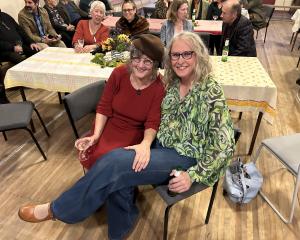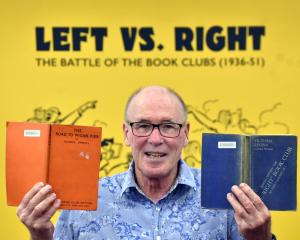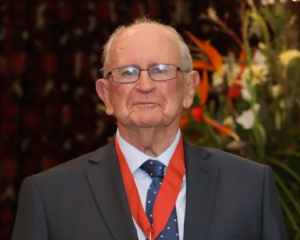WEDNESDAY’S CHILD
Yiyun Li
4th Estate
REVIWED BY LEKSHMI DINACHANDRAN
I have never been one for the newer short stories. You are more likely to find me sipping tea in dainty china and relishing a game of scrabble than reading through angsty insta-fiction; which delivers us smoothly to the topic of anagrams.
Did you know that you can make 21 different words from the five letters in ‘‘grief’’? ‘‘Woman’’ gives you 29 while ‘‘immigrant’’ shelters 139 words. It takes a dazzling writer to anagram those words into a collection of stories that leaves you drowning in beauty and pain. American writer Yiyun Li’s newest collection Wednesday’s Child was written over 14 years. In the acknowledgments, she marks out those years as the time she lost a friend, a mentor and her son.

Motherhood is a recurring theme. In ‘‘A sheltered woman’’, we see an unwilling mother; ‘‘Hello, Goodbye’’ portrays a woman negotiating motherhood in the time of Covid-19; and ‘‘On the Street Where You Live’’ is a touching portrayal of a young mother trying to cope with her son’s autism diagnosis. As if a natural extension, several of the stories are about children, childhood, and aging - the inevitability and the beauty of it all. ‘‘Such Common Life’’- the longest story in the collection - explores all this and more through the daily lives of Dr Ditmus, an aging scientist who suddenly finds herself dependent on Ida, a Chinese immigrant.
The author also skilfully spans the twin worlds that an immigrant invariably straddles and the alienation from both. One of the most disturbing stories in the collection is ‘‘Alone that speaks of Suchen’’, following the only survivor of a suicide pact that the protagonist and her friends undertook in middle school.
Throughout this collection, we see people left alone in their loss. We also see infinite grace and compassion as each of them grapple with trauma, and each of these stories has a sober radiance in their words and themes. The language is rich and meditative, and the author does not need to resort to any literary jugglery. The stories move at a steady pace with even the most surprising twists executed smoothly.
This collection of short fiction is one that needs to be on your list.
Lekshmi Dinachandran is a chemistry researcher at the University of Otago and moonlights as a translator and book critic












